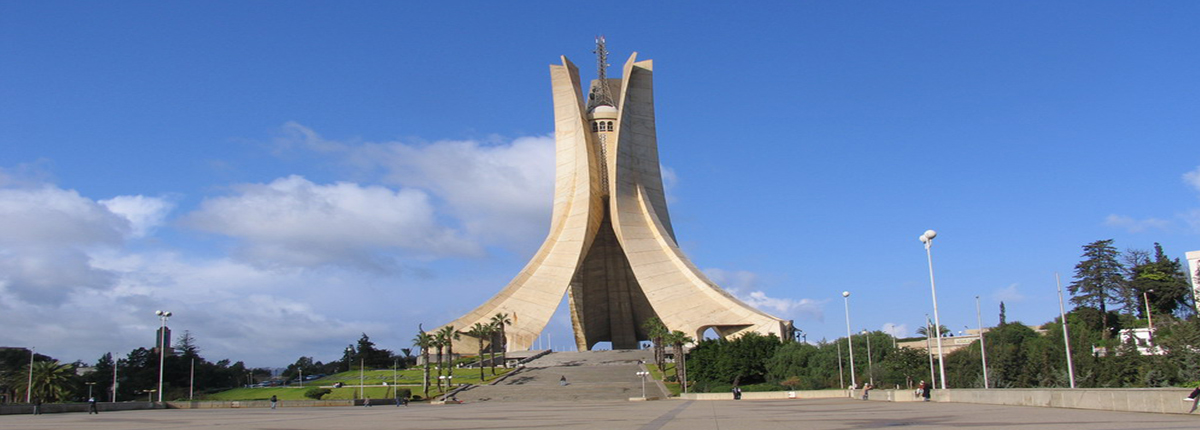ECONOMIC AFFAIRS
Factors That Drive Investment in Algeria
Algeria and China are strategic partners, their friendship runs deep. The two countries established diplomatic relation some 59 years ago. Over the years they have been supporting, trusting, and cooperating with each other and they maintained regular political exchanges and continued to keep close consultation and coordination in regional and international affairs.
In 2014, Algerian President Abdelaziz Bouteflika and President Xi Jinping were elevated the relations between the two country to a Global strategic partnership, which is the first Global strategic partnership China has established with the Arab countries.
China is the first economic partner of Algeria, there are currently more than 1000 Chinese companies active in Algeria, including 100 companies with headquarters and branches, and more than 55.000 Chinese residents in my country, and we highly encourage more Chinese companies to invest in Algeria in various sectors.
Furthermore, business-friendly climate, Algeria is one of the important economic of Africa, with an area of 2,381,741 square kilometers; Algeria is the tenth-largest country in the world, and the largest in Africa, the Mediterranean Rim and the Arab world.
As part of the program of the President of Algeria His Excellency Abdelaziz BOUTEFLIKA, Algeria has launched a strategy to grow its economy with the specific aim of improving the competitiveness of its national commerce. The key of this economic policy is promoting Algeria as destination and attract foreign direct investment in order to, on the one hand, reduce the number of imports, and on the other hand, diversify national exports.
There are several fields of investment in my country, the petrochemicals industry remains the leading recipient of foreign investment. Outside of the oil and gas industry, the investors are showing an increasing appetite for opportunities, especially chemicals and metallurgy, telecommunications, construction, agriculture and tourism.
Many factors affect the amount of investment that pours into Algeria, the most important are:
A great source of energy and natural resource
Algeria has substantial and diversified natural wealth, especially in hydrocarbons, where it occupies the 15th range infield of oil reserves (45 billion of tons in oil equivalent), the 18th in field of production, and the 12th in exports.
Its capacities of refining may reach 22 million of tons per year. Concerning the gas, Algeria occupies the 7th range inthe world in field of proved resources, the 5th in production and the 3rd inexports.
A real giant of energy, Algeria, strong of its reserves, production and exportation of natural gas, has no rival in the Mediterranean where it is ranked the 1st oil and natural gas producer and exporter. Algeria is also the third supplier of the European Union in naturalgas. Algeria has also a solar potential: 3000 hours of sunshine per year.
In addition to these resources, Algeria hides in its underground huge deposits of iron phosphate, Zinc, Uranium, etc.
This abundance of energy and naturel resources contributes to the success of any investment project in Algeria.
Qualified Human resource
Qualified human resources are our most valuable asset and one of our wisest investments for the future. Algeria has given an important place for education in its national policies; there are some 8.5 million students in primary and secondary schools in the country (5.5% of GDP devoted to education). Algerians enjoy free education, which is compulsory up to the age of 16 (86% literacy rate)
There are 1.5 million students in higher education including 35,000 registered in doctoral training and 90,000 intechnical areas in 106 universities spread over 48 provinces, covering the entire national territory (6.24% of the state operating budget goes to higher education). There are also 2, 500, 000 graduates since 1962, and 643,700 enrolled in vocational education with an average of 200,000 graduating every year.
In addition, there are centers for professional training at the level of most communes.
This qualified labor force is a good opportunity for the investors in Algeria.
Infrastructures
Algeria has an important network of infrastructure, especially in field of transport, which plays a major role in facilitating the movement of goods.
The Algerian road network is the densest in Africa:
Roads: 112,039 km of roads and highways (40th network World, 3rd in Africa) of which 29,573 km of national roads.
The East-West Highway is a major infrastructure project. It is a, 1216 kilometer-long highway, linking Annaba in the extreme east to the Tlemcen in the far west.
Algeria is also crossed by the Trans-Sahara Highway, which is now completely paved. This road is supported by the Algerian government to increase trade between the six countries crossed: Algeria, Mali, Niger, Nigeria, Chad and Tunisia.
Airports: 36 airports, of which 16 international.
Ports: 45 maritime infrastructures, of which 11 commercial ports, two oil ports, 31 fishing ports, one (01) marina and 2,200 maritime traffic lights
Railways network: 4498 km of railway network
This infrastructure facilitates the access to border markets, the Mediterranean Sea on the North and all the regions in the world.
Advantages of the Algerian market
The Algerian market is one of the important markets in Africa and the Arab world, it contain in particular:
- 40 million consumers
- $ 46. 7 billion of imports in 2016
- $ 262 billion of public investment for the time span 2015-2019
Ambitious policies of development and sectors' strategies
The Algerian authorities are putting largesums of money for development (200 billion dollars for the 2004-2009 program, 286 billion dollars for the 2010-2014 program and 262 billion of public investment for the 2015-2019 program).
The new industrial revival policy highlighting 12 strategic sectors, namely the steel and metalworking, hydraulic binders, electrical and household appliances, industrial chemistry, mechanics and automotive, pharmaceutical production, aerospace, construction and ship repair, advanced technology, food processing, textiles and clothing, leatherand timber products, wood and furniture industry as well as outsourcing.
- Agricultural and Rural Renewal Program.
- Development Plan of Fisheries and Aquaculture Activities by 2025.
- The Master Plan for Tourism Development.
- Renewable Energy Program (solar, thermal and wind) to produce 22000MW by 2030.
New law for promotion of investment in Algeria
The President of the Republic, Mr. Abdelmadjid Tebboune, signed the law on investment n° 22-18, 24 July, which was then published in the Official Gazette n° 50, on July 28th, 2022. The document was reviewed and adopted by the National People's Congress (NPC) and the Council of the Nation, respectively on June 27th and on July 13rd, 2022.
The purpose of this new Law is to lay down "the rules governing investment, to define the rights and obligations of investors and the incentive schemes applicable to investments in the economic activities of production of goods and services, carried out by natural or legal persons, national or foreign, resident or non-resident".
Its provisions aim to "encourage investment with the objective of developing priority sectors of activity with high added value, ensuring sustainable and balanced territorial development and enhancing natural resources and local raw materials".
It also aims to "promote technology transfer and develop innovation and the knowledge-based economy, generalize the use of new technologies, boost job creation, promote the skills of human resources and strengthen and improve the competitiveness of the national economy and its export capacity".
This new Law enshrines "the freedom to invest", as well as "transparency and equality in the treatment of investments".
To this end, it has provided for the establishment of a High National Committee for Investment-related Appeals, attached to the Presidency of the Republic, which is responsible for deciding on appeals brought by investors.
It has also provided for refocusing the role of the National Investment Council (CNI) to the task of proposing the State's investment strategy, ensuring its overall coherence and evaluating its implementation, as well as the reconfiguration of the National Investment Development Agency (ANDI), now called the "Algerian Investment Promotion Agency", by strengthening its prerogatives allowing it to play an important role in supporting investors. in Algeria and abroad.
Advantages of agreements signed by Algeria
The Investors benefit from the advantages of the international agreements signed by Algeria, especially the EU-Algeria Association Agreement was signed in April 2002 and entered into force in September 2005 and The Greater Arab Free Trade Area.
Conclusion
These factors have attracted investors from many countries including Chinese companies, we encourage others investors in China to avail themselves of this possibilities of investment in Algeria.
There are enormous opportunities. Welcome to investors!
THE AMBASSADOR
INVEST IN ALGEIRA
VISA
QUICK LINK
- Forms to download
- "12S" Birth Certificate
- Passport & ID Card
- Civil Status
- National Service
- Terminating Residency
- Students


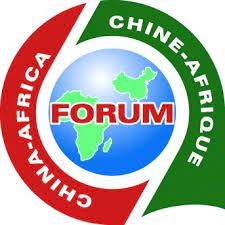
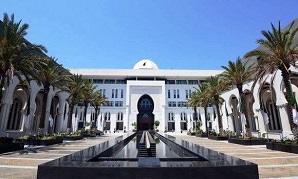
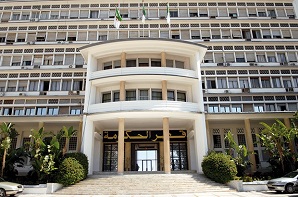
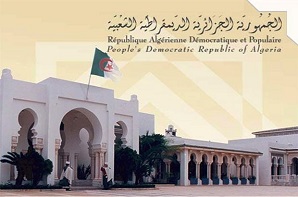
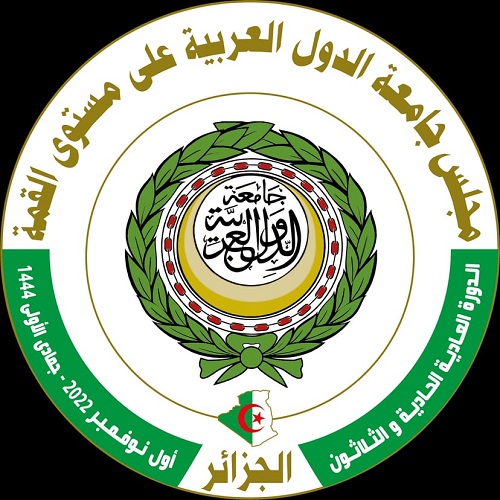

PHOTOmore

